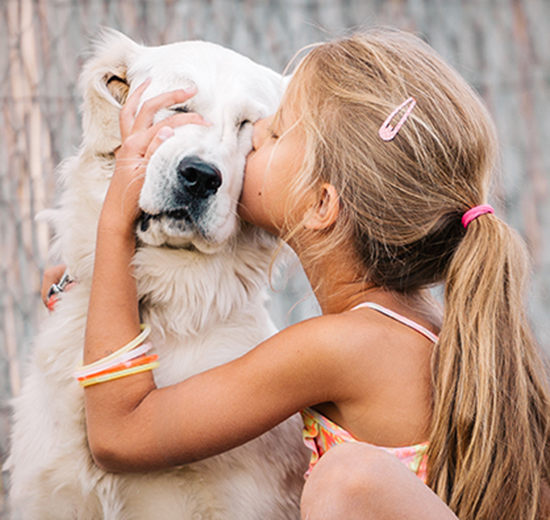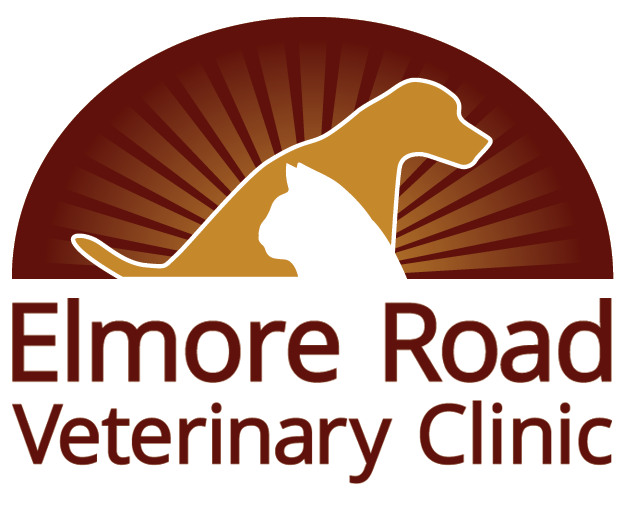Pet Diagnostics
We are equipped with advanced diagnostic tools such as radiology, ultrasonography, and tonometry, and feature both an in-house laboratory and pharmacy. These diagnostic tool are crucial in allowing us to pinpoint the source of a health issue and quickly develop safer and more effective treatments for your dog or cat.
What is ultrasound?
Pet ultrasound is an excellent tool that views the body's soft tissues to capture details that radiology (x-rays) cannot. Ultrasound works by using sound waves (instead of radiation) emitted through a handheld probe to create images of the internal organs. Sound waves penetrate the skin, but bounce off the internal soft tissue organs, and translated into real-time images. This allows us to see your pet’s internal organs and blood vessels in motion.
Pet ultrasound, like human ultrasound, is entirely non-invasive and painless. The procedure can be done quickly, which many pets love! By undergoing this procedure, your pet can be diagnosed in a more timely manner and have a treatment plan ready to help alleviate symptoms they're experiencing.
Widely used in veterinary medicine, this technology gives us a major advantage in diagnosing and treating disease, injuries, and other health problems.

When Would My Pet Need an Ultrasound?
If your pet ever needs an ultrasound, it can help us diagnose:
- Cancerous tumors
- Cysts
- Obstructions in the GI tract
- Heart conditions
- Foreign bodies
- Pregnancies
- Fluid in the abdomen or around the heart
If you think your pet could benefit from diagnostics, contact us for more information

DIAGNOSING POTENTIAL EYE ISSUES WITH TONOMETRY
When your pet's eyes are checked during an exam, a further look may be necessary. We offer tonometry as part of our ophthalmology services. Using an instrument called a tonopen, our doctors are able to calculate and measure the pressure of the fluid of the eye. This is important for pets with suspected diseases of the eye, such as glaucoma.
If you notice any of the below symptoms, bring your pet to Elmore Road Veterinary Clinic for additional eye screening:
- Red or irritated eyes
- After your pet has suffered head or eye trauma
- If your pet is being monitored for glaucoma

